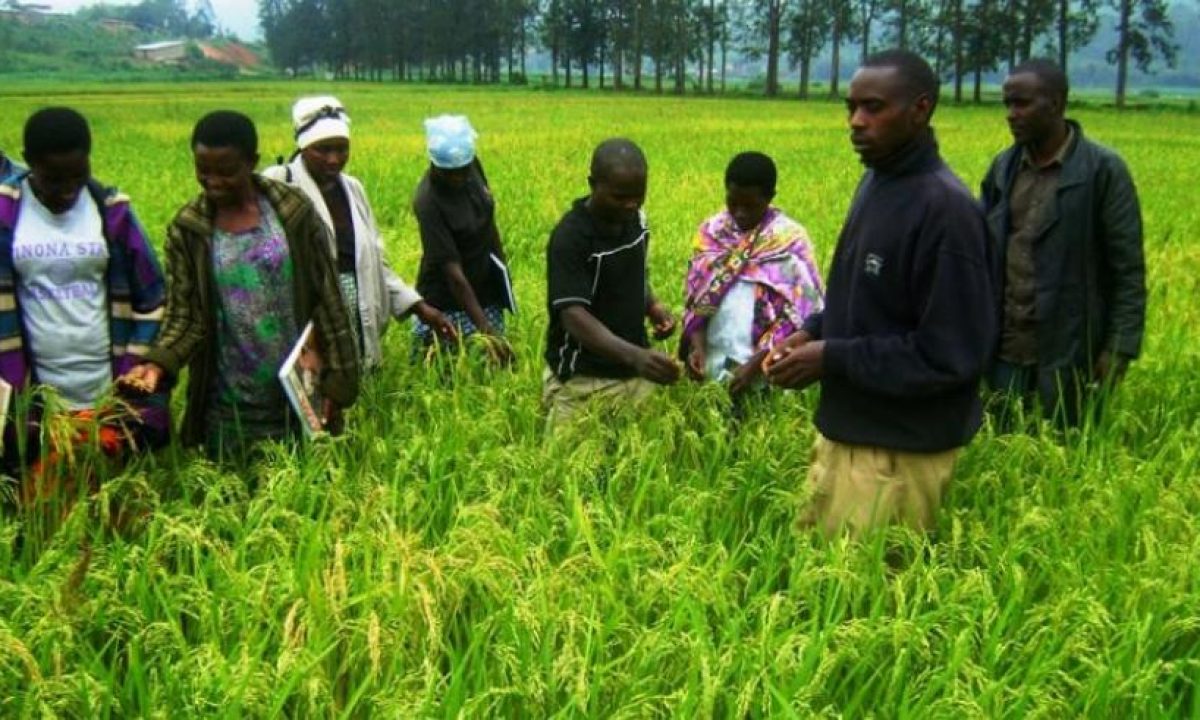There are no products in your shopping cart.
| 0 Items | £0.00 |


NIGERIA'S federal government has announced ambitious plans to expand farm output as part of an economic diversification plan that involves the increase of the agricultural extension workforce to 75,000 individuals from the current 45,000.
Currently a mono-economy, Nigeria is heavily dependent on crude oil for its survival as it accounts for over 90% of federal government revenue. Aware of how vulnerable this makes the economy, especially in the wake of the volatility brought about by the coronavirus pandemic, the government is now stepping up economic diversification.
As part of this process, Mohammed Nanono, Nigeria's minister of agriculture and rural development, flagged off a four-day training project for agricultural extension workers. Speaking at the flag-off in Abuja, he said lack of extension workers was responsible for bad produce, which led to Nigerian crops being rejected in some countries.
According to Mr Nanono, Nigeria is hoping to boost its value chain, boosting efficient food production and self-sufficiency in line with global best practices. This government programme aims to train agents in the 36 states of the federation and the Federal Capital Territory under an Agricultural Development Projects programme.
Mr Nanono, who expressed worry over the declining fortunes of the agricultural extension system, said this was traceable to decreased funding, policy changes, reduced man-power and a lack of interest by young people in agricultural entrepreneurship. He added that this had adversely affected food production and exposed the country to the dangers of unemployment, youth restiveness and economic instability.
“At the inception of this administration, a special committee on the revitalisation of agricultural extension service in Nigeria was constituted to, among others, recommend appropriate institutional structures, arrangements and capacity building for the delivery of effective and efficient pluralistic agricultural extension and advisory services in Nigeria using globally acceptable approaches and platforms. One of the key recommendations was to build the capacity of youth and existing practitioners in agricultural extension delivery system, exposing and equipping them with best global practices and tools to enable them to deliver with efficiency.
“We are taking off in Abuja and all other states in the federation will do the same until we achieve our target of 75,000 extension workers over a period of three years. We are already at 45,000 extension workers both government and the private and I think our target is achievable.
"Most people especially youths take agriculture as not important but you eat and must remember that somebody is producing these crops and we must enable him with agriculture facilities. So, it is very important that the pioneers in the extension service training take this training seriously and strive also to become farmers, you will be extension workers but in the process become farmers.
“Agriculture is now becoming more attractive and youth makes up about 75% of our population, so therefore if we are going to move forward, the youth must make sacrifices and the government must empower youth to go into agriculture. So, I am hoping that this is the beginning of a new era in the development of extension service in this country.” Mr Nanono added.
He also lamented the rejection of Nigerian beans by the European Union who banned the commodity as a result of their high chemical content. He added that this happens because Nigeria has no extension workers to guide the farmers.